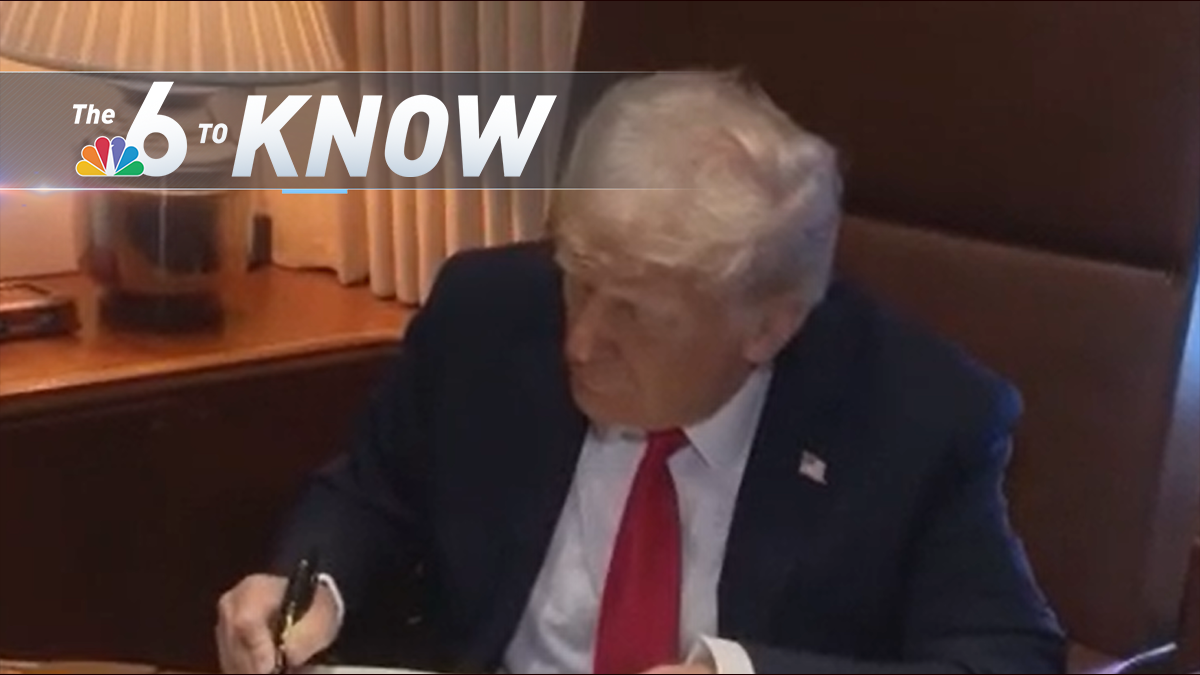Federal research cuts hit home for South Florida teen diagnosed with cancer twice
Late on Friday afternoon, the announcement was unexpected. In order to match what the majority of private contributors pay, the National Institutes of Health announced that it was drastically reducing medical research funds, limiting what are known as indirect costs of research to 15% of the overall cash provided. Medical research has been rocked by the cutback because, up until now, NIH grants typically covered 50–60% of the cost of operating a research lab. The Kleppen family felt as though they had been struck in the stomach. Jake Kleppen, a 4-year-old eighth-grader at Silver Trail Middle School, is a vocal supporter of research on children cancer.
Since receiving a leukemia diagnosis last month—his second cancer diagnosis in his young life—he has been unable to physically attend school. Jake remarked, “It’s something that no child should have to go through, really. Every child should be able to go to school and complain about everyday things, like how I can get out of doing this homework and all that.” Now battling leukemia, Jake is familiar with the cancer drill. He defeated Ewing’s Sarcoma at the age of eight. “Fighting that cancer took up most of my childhood, and it left me traumatized,” Jake remarked. Doctors informed Jake’s family that leukemia was likely brought on by the therapies he had to combat the sarcoma. Just think of his parents’ worry. Jake’s mother, Marisel Kleppen, described it as “devastating, heartbreaking, and the one time you feel there’s nothing you can do to comfort them or help them.”

As Jake explained the exhaustion, pain, and discomfort of chemotherapy, he added, “Really, it affects your mental status and all that and don’t even get me started on the physical.” Jake will speak to anybody who will listen about childhood cancer. He lobbied Congress for additional research last year in Washington alongside other children who had survived cancer. Marisel Kleppen stated, “We thought that would reach them, and it’s very disappointing that nothing really came of that; in fact, they’re pulling funding.” Jake went on, “There are no words to describe how angry I am.”
According to the Trump administration, 15% of indirect costs should be covered, and the NIH cuts are intended to save money. However, 50–60% of a research lab’s costs is often covered by existing funds. Oscar Ortiz, the founder of the Sebastian Strong Foundation, stated, “When you take this money away, you extinguish hope because now no one is working on it because there is no money for it.” Eight years ago, 16-year-old Sebastian Ortiz passed away from cancer. To collect funds for research on childhood cancer, his father established the foundation in their son’s honor. Ortiz clarified that the large pharmaceutical companies have little financial incentive to create treatments for juvenile cancer, and that there is no alternative source of funding for the NIH funding that was discontinued.
There are just too few children with cancer to generate a sizable market. Funding from the government is therefore essential, but Ortiz claims he has no idea what the NIH is doing. “This is completely illogical, and there is sometimes a disconnect between those who are making these decisions and those they affect,” Ortiz stated. According to Jake, since cancer does not take sides, sickness research should certainly not be a political matter. Jake stated, “I think that if I continue to advocate, raise awareness, and show people what we have to go through, maybe one day we can wake up as a nation.”


Comments are closed, but trackbacks and pingbacks are open.